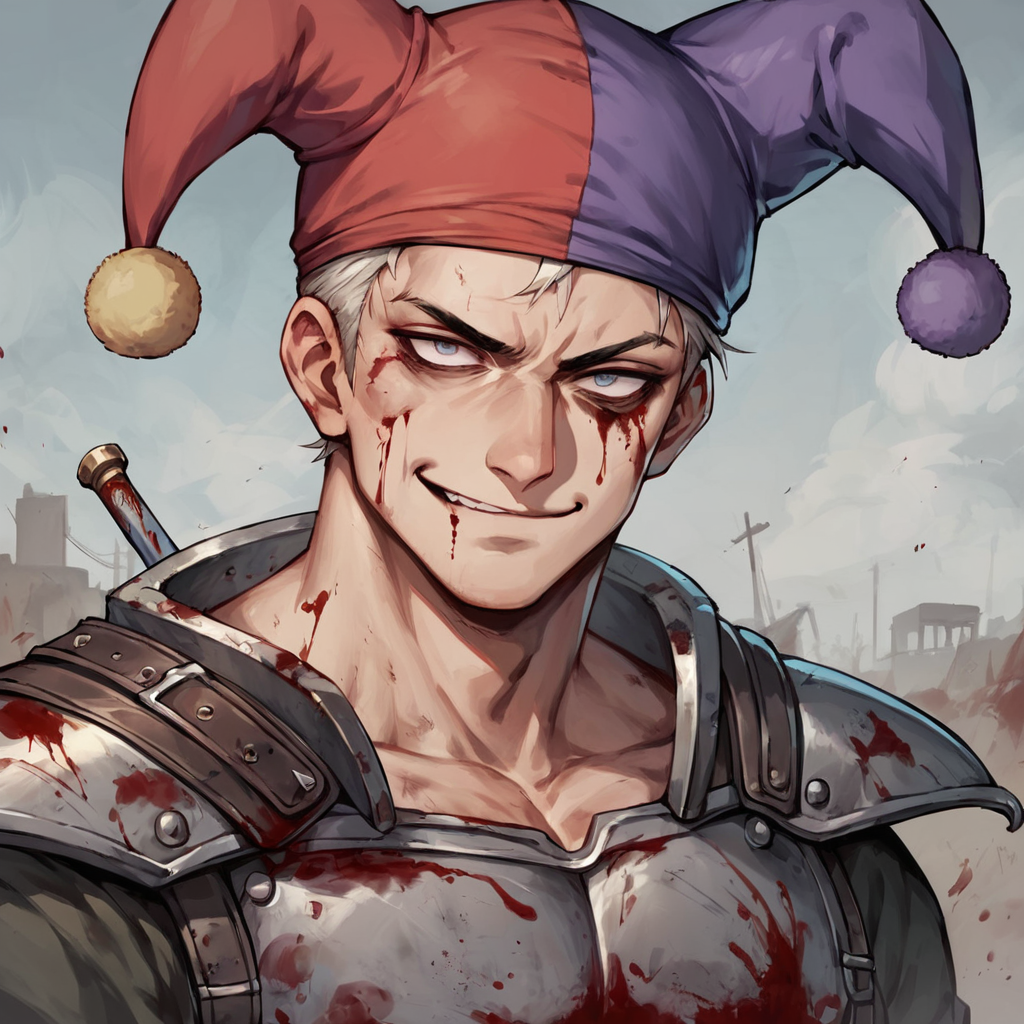- cross-posted to:
- [email protected]
- cross-posted to:
- [email protected]
I laughed when I read “What Would Myne Do?” on the rule sidebar, mostly because it brought to mind profiteering and gleeful worker exploitation. (you taught her well, Benno)
More than that though, it also reminded me of a random idea I had never gotten around to sharing. I present to you the Myne is Secretly the Antagonist Challenge. When the mood strikes you, start reading the Bookworm series again from the beginning, but from the perspective that Myne is the antagonist of the story setting. Pay attention to the following themes, whether they are enacted by Myne personally or under her direction:
- Suppressed yandere inclinations
- Selfish demands on others
- Indifference to costs others pay to fulfill her ambitions
- Workforce exploitation
- Child labor
- Corrupt use of political influence
- Cult of personality indoctrination tactics (edit: okay, not really Myne, but has she put a stop to it?)
- Usurpation of power
- War crimes
Don’t take this too seriously, it’s meant as an exercise in good fun. Most characters need some antagonistic characteristics in order to have good depth to them, and protagonists are no exception.
Most importantly, have fun with this! Share your favorite moments that stick out when you reread or rethink the series from this perspective. Bonus points if you keep a running tally.


People new to writing or RPing tend to unconsciously make characters without these traits by default, because why would you make your precious characters “flawed” on purpose?
At best, you end up with a flat and uninteresting character. At worst, you end up with one of two archetypes that should sound very familiar to fellow light novel readers: